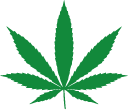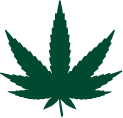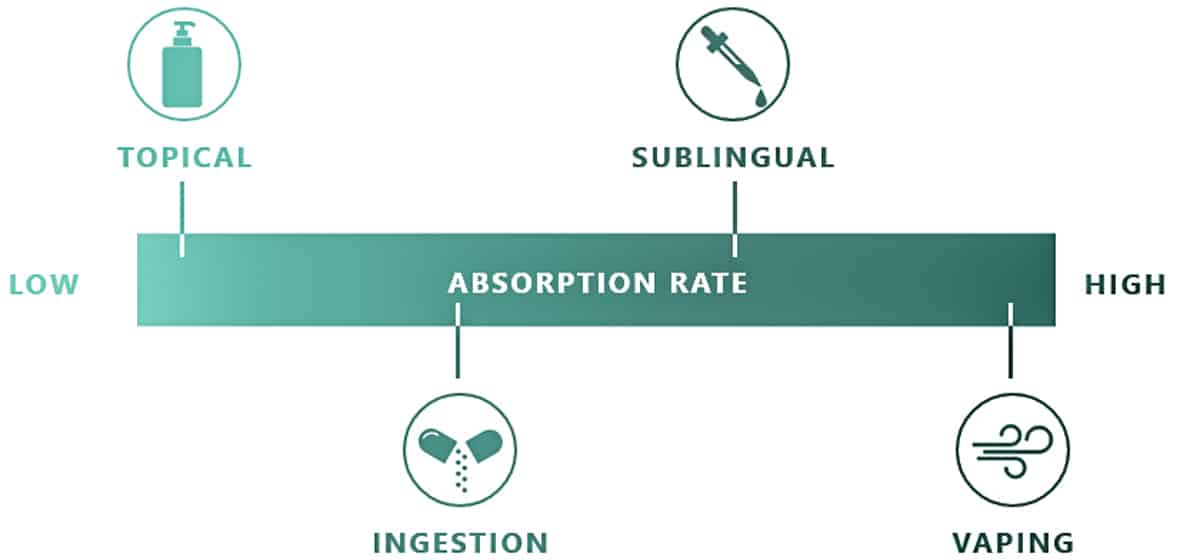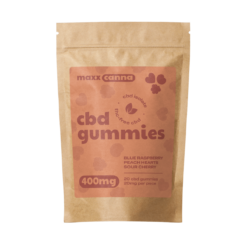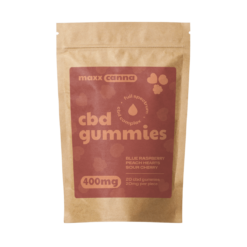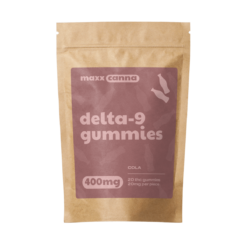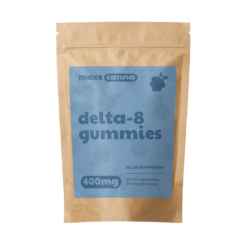A Beginner’s Guide To CBD
Dosage: How Much CBD/THC?
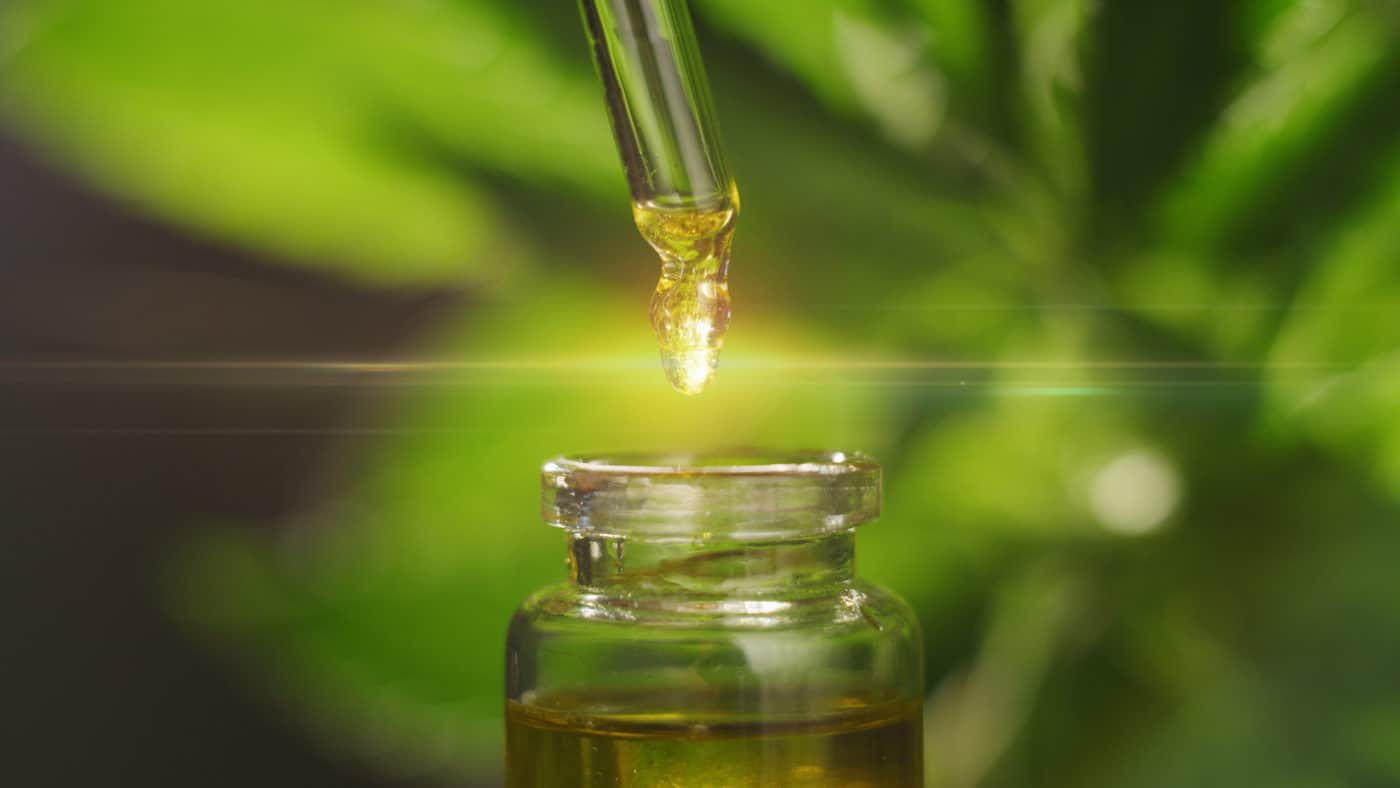
If you have read our blogs on CBD & THC, their benefits, and how to take them, you may be eager to start incorporating them into your daily routine. However, determining the proper dosage can be challenging. The question becomes, “How much CBD/THC should I take?”
Now, there is no one-size-fits-all answer to this question. Each person is unique, with their own physiology, height, weight, metabolism, and tolerance levels. These factors all play a role in determining the appropriate serving size of CBD/THC, also known as the Goldilocks dosage.
There are also other factors to consider. Before discussing how to find the perfect serving size of CBD or THC, it’s important to have a quick refresher on the topic. This will ensure that you have a better understanding of how to find the right dosage for your individual needs.


